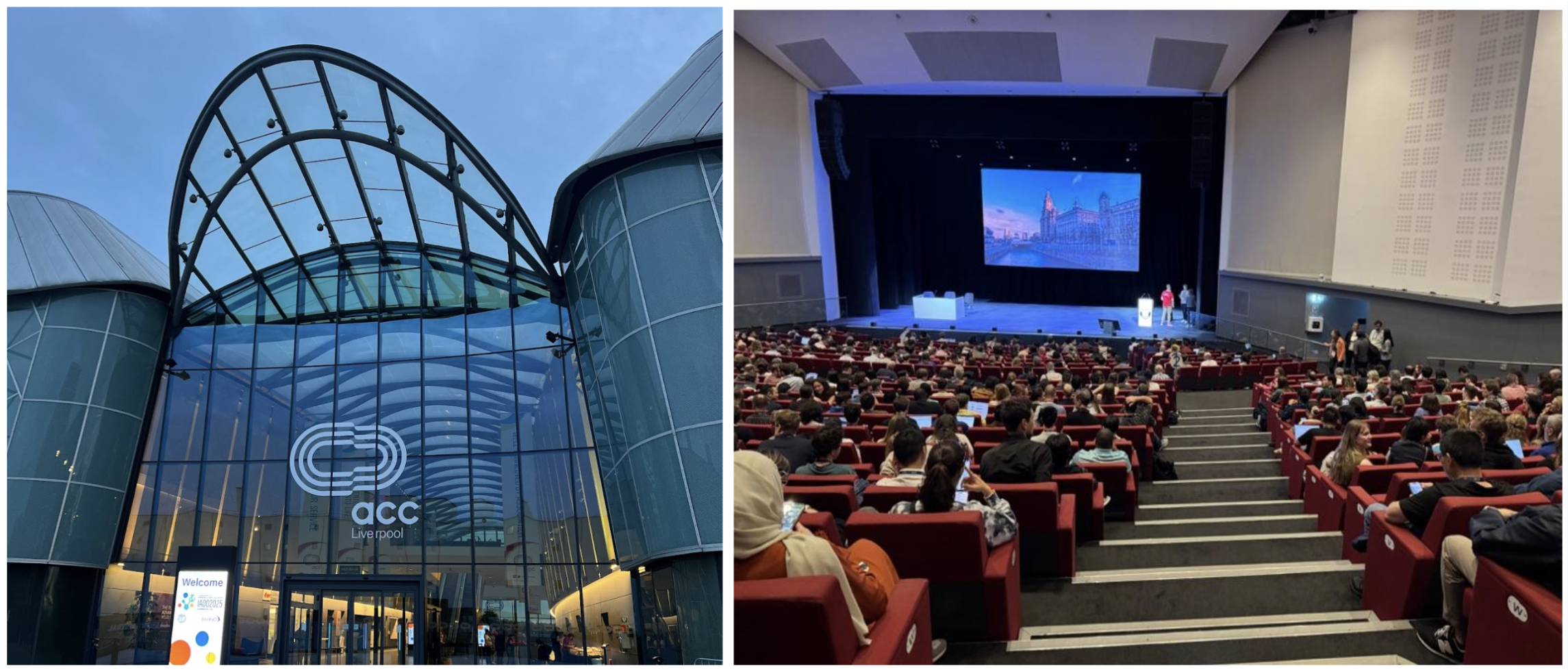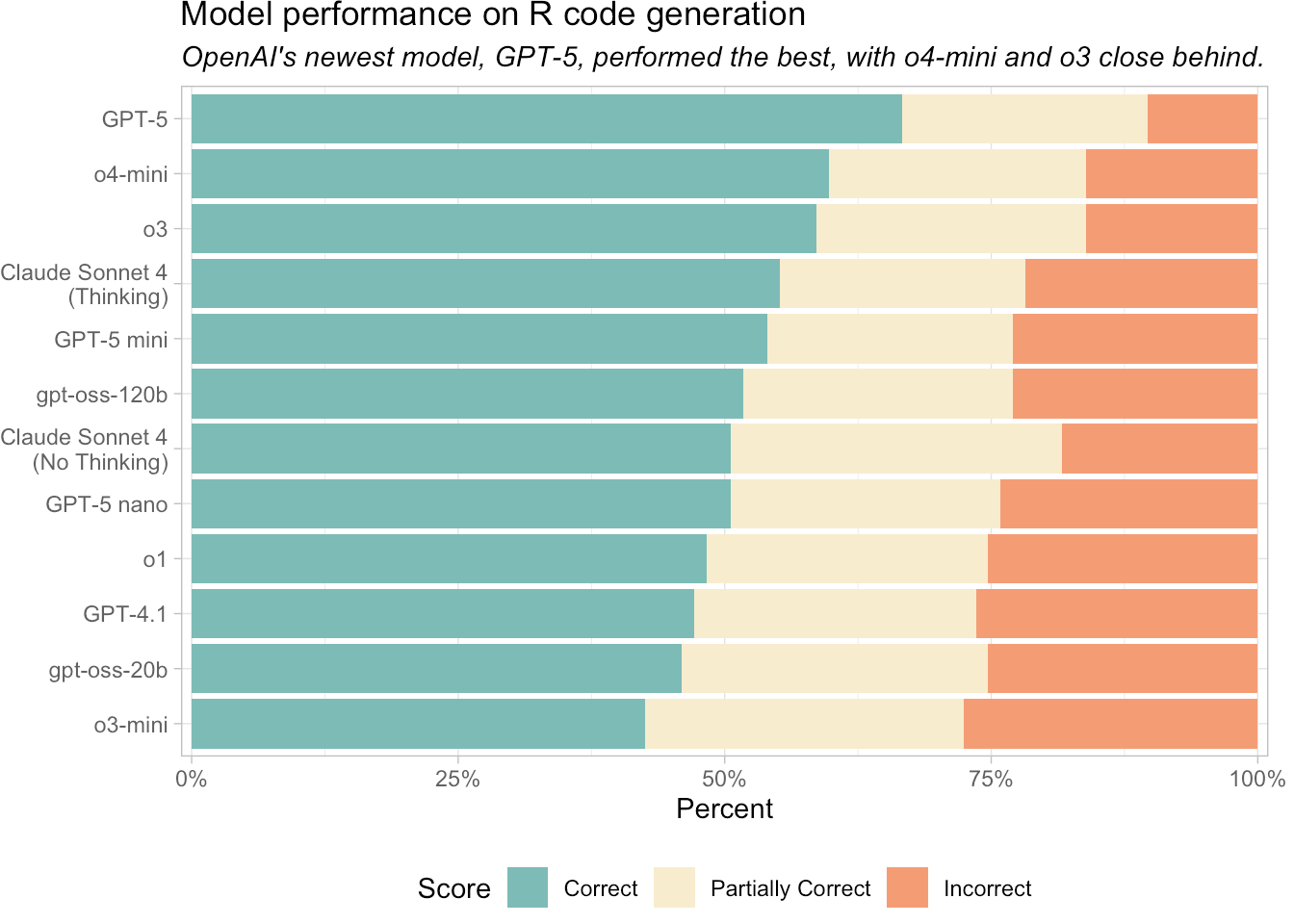Generative Artificial Intelligence (GAI) tools like ChatGPT are increasingly finding their way into research and scholarly publishing. This trend brings a pressing challenge: how do academics clearly disclose the use of AI in their research workflows? Right now, many disclosures are either too vague (e.g. "We used ChatGPT to improve clarity") or missing entirely.
Rogue Scholar Beiträge
Bericht über ein Hands-on Lab auf der 113. BiblioCon Die Entwicklung und der Erfolg von Open Access beruhen maßgeblich auf digitalen Informationsinfrastrukturen, die weltweit von Forschenden, Bibliotheken und anderen Einrichtungen genutzt werden.
Background New Zealand public sector agencies must prepare a ‘long-term insights briefing’ every three years. This is an opportunity to look beyond short-term political cycles and use foresight to see what really matters to New Zealand over the longer course.
Software that is developed for research or by researchers can be difficult to maintain given the incentive and funding structures in academia.

The Open Bioinformatics Foundation (OBF) Event Fellowship program aims to promote diverse participation at events promoting open-source bioinformatics software development and open science practices in the biological research community.
One often hears it said that “absence of evidence is not evidence of absence”. For example, if you excavate some fossil sauropods and they don’t have preserved feathers, that not evidence that sauropods didn’t have feathers. Oh yes it is. This is an example of a mantra that’s short, catchy, and wrong.
Appalachian History Series On December 30, 1970, a powerful coal dust explosion ripped through the Finley Coal Company’s interconnected Nos. 15 and 16 mines on Hurricane Creek near Hyden in Leslie County. Thirty-eight miners were killed. One man, A. T. Collins, survived after the blast hurled him out of the portal. Another miner, Harrison Henson, was outside the mine when the explosion occurred.
This is a bit of an administrative post and historic, but keep coming back to the question, where are all the deliverable of the (past) project. Now, since many eNanoMapper project deliverables were public, we were able to release most of them on Zenodo. This post makes an overview.
Discover the Open Publishing Series — three online courses from SFU’s MPub program, launching Sept 2025. Get a sneak peek at what you’ll learn. Last month we announced the launch of the Open Publishing Series, a collection of three online courses developed in collaboration with the Master of Publishing (MPub) program at Simon Fraser University […] The post Sneak peek at PKP’s new open publishing courses appeared first on Public Knowledge Project.
The Bioregistry is a database and toolchain for standardization of prefixes, CURIEs, and URIs that appear in linked (open) data. While I created it in 2019 as a component of PyOBO in order to support parsing database cross-references appearing in biomedical ontologies, it has since become an independent project with a community-driven governance model and much broader applications. This post is a first attempt to quantify its usage and impact.

Best AI for R, the weight of a cell, R+MCP, AI is a mass delusion event, AI hiring freezes, Quarto+Positron, biology moonshots, Julia for R users, AI hallucination, nf-core advisories...